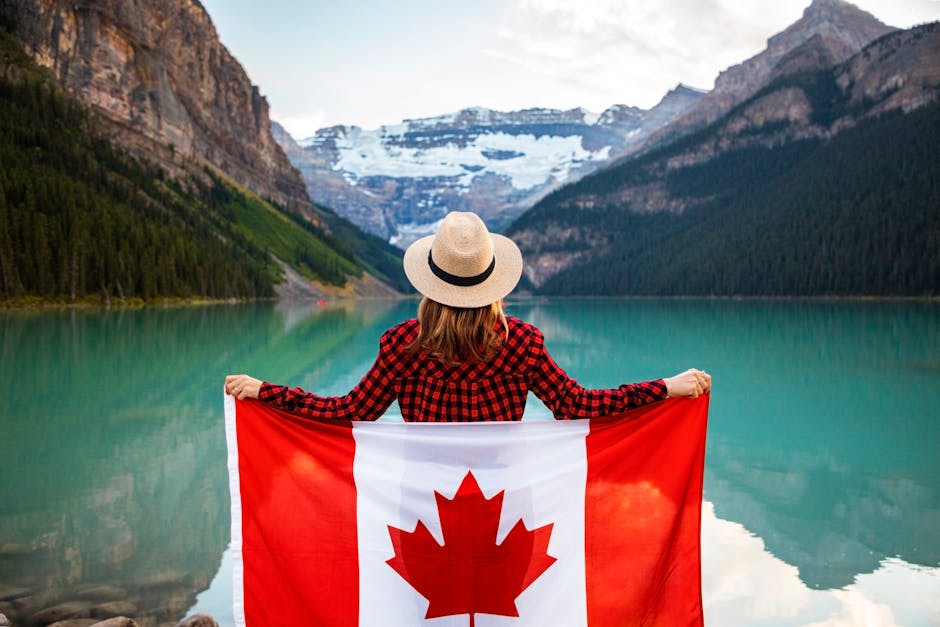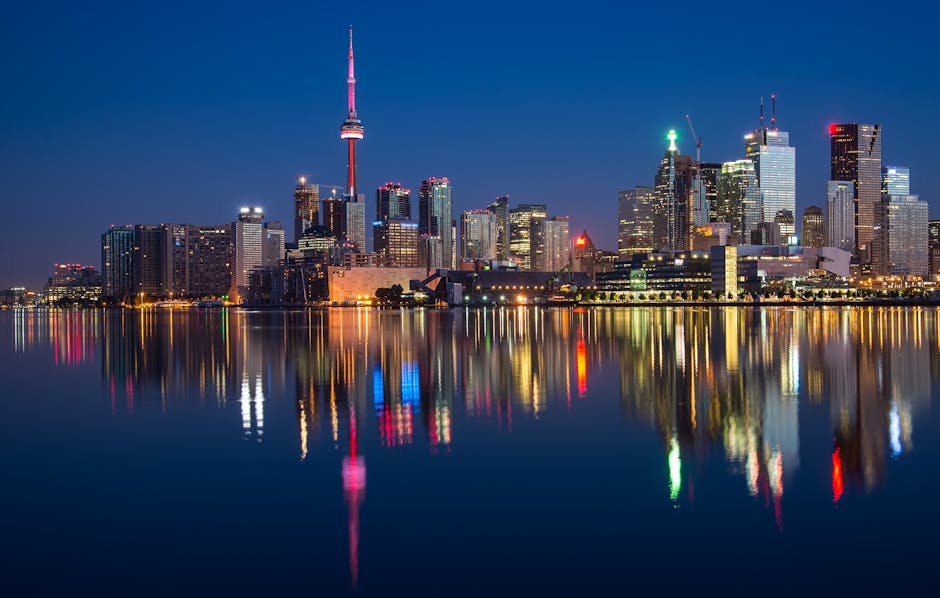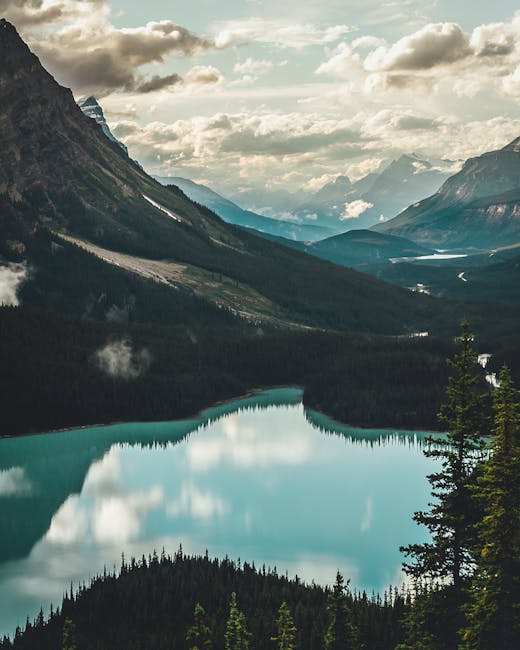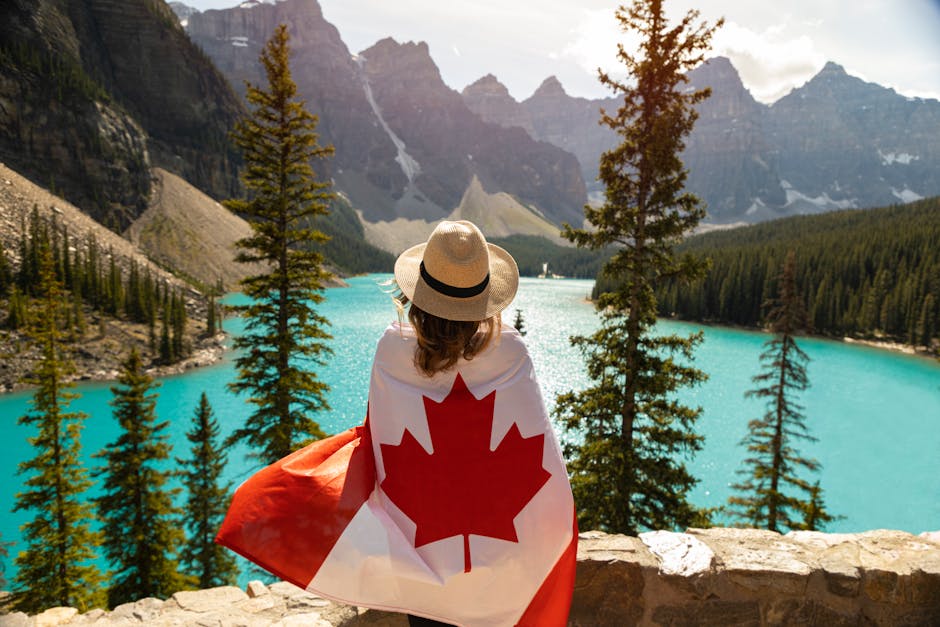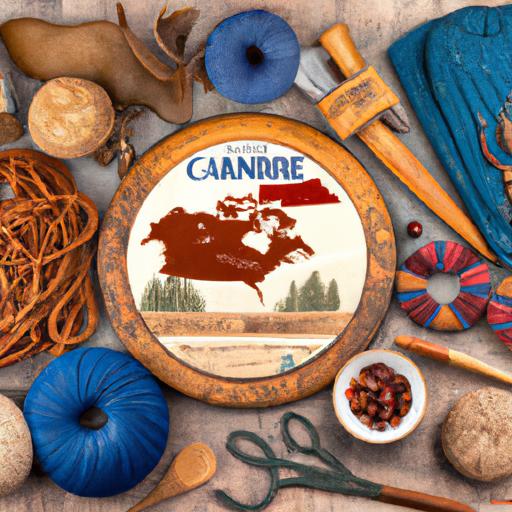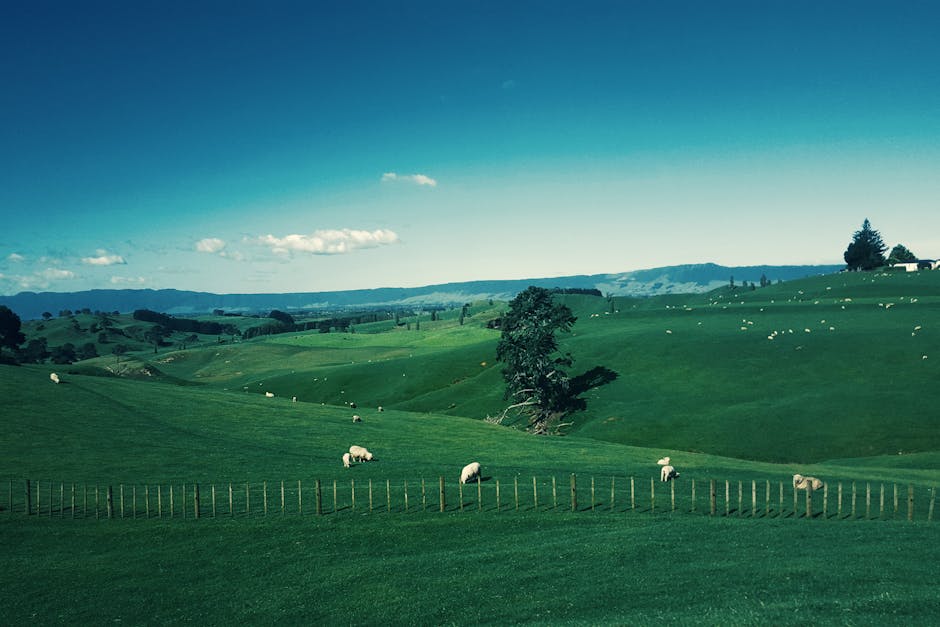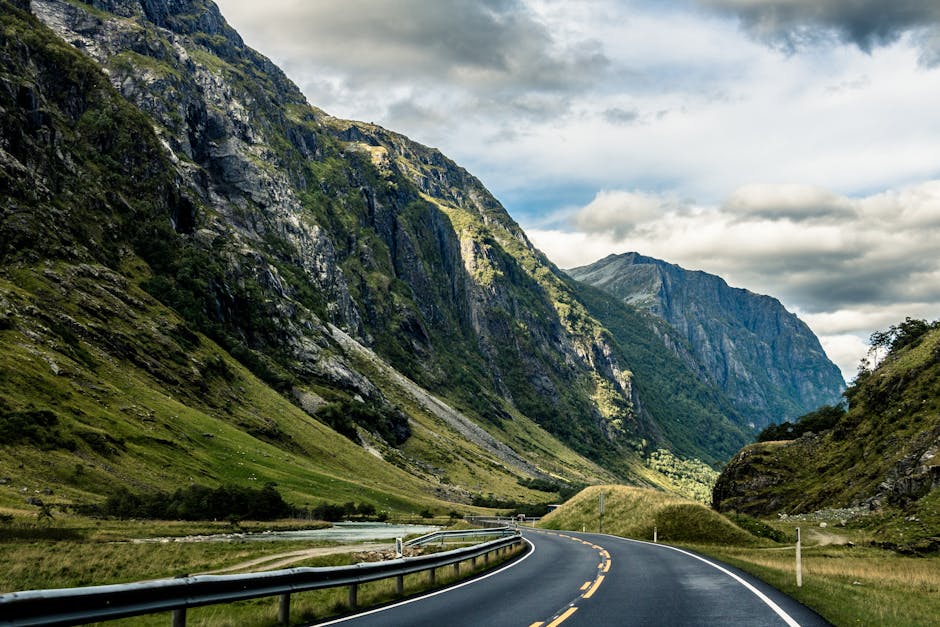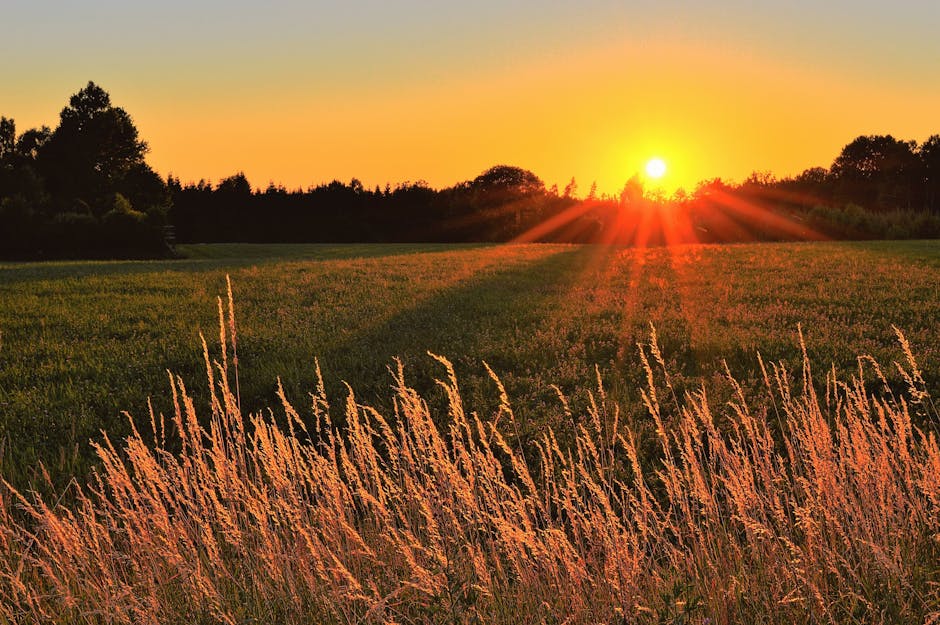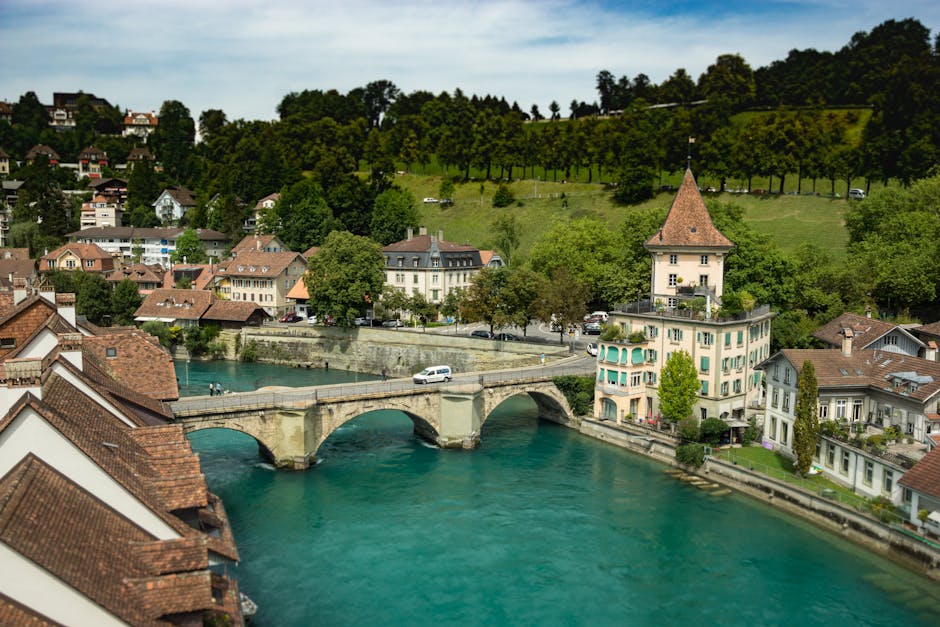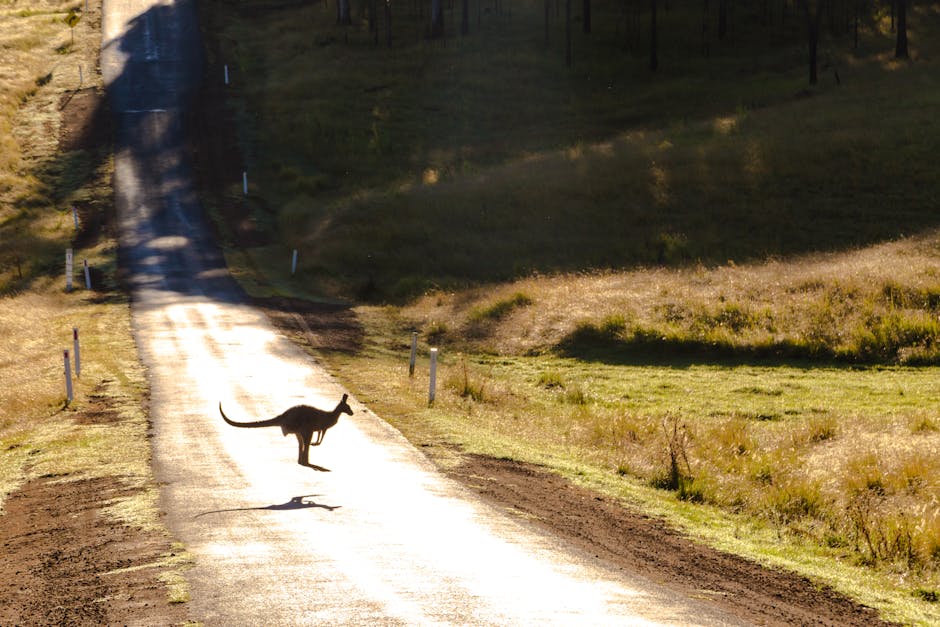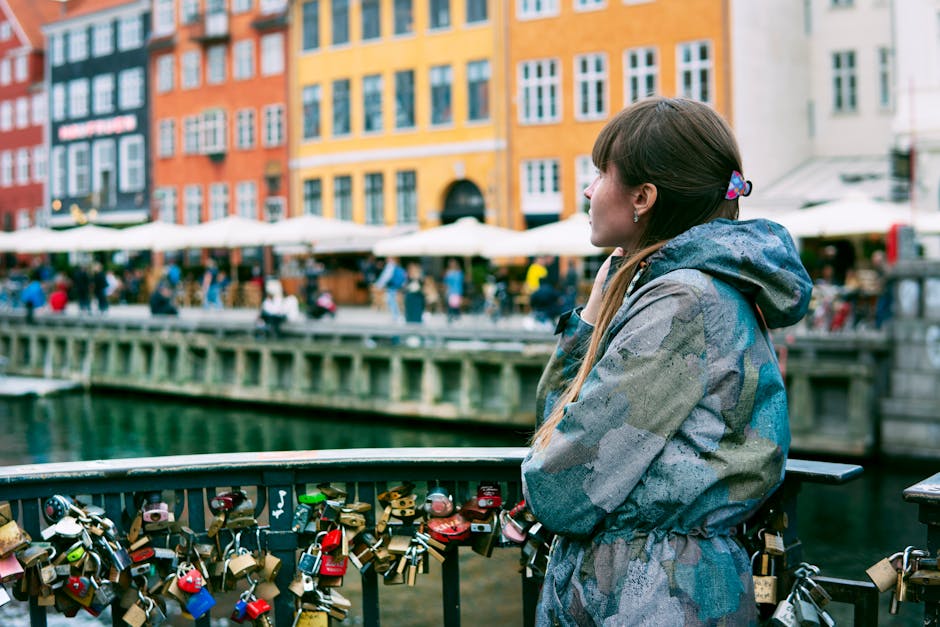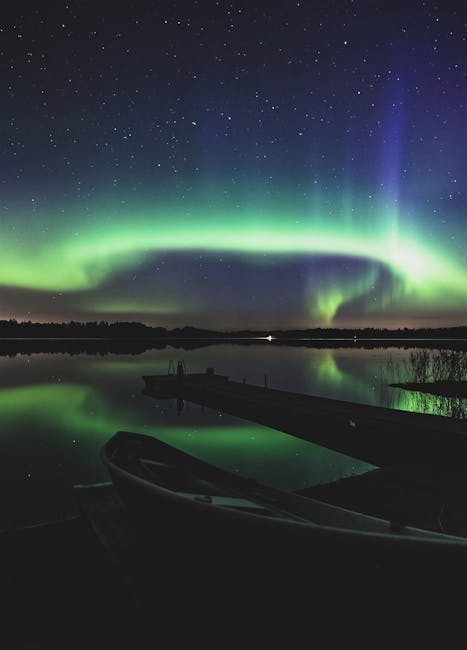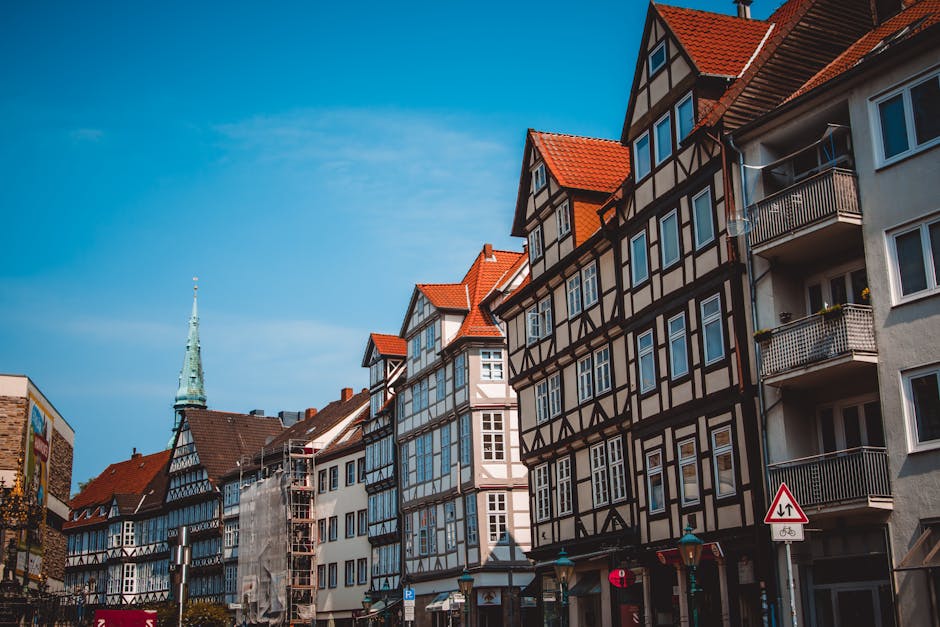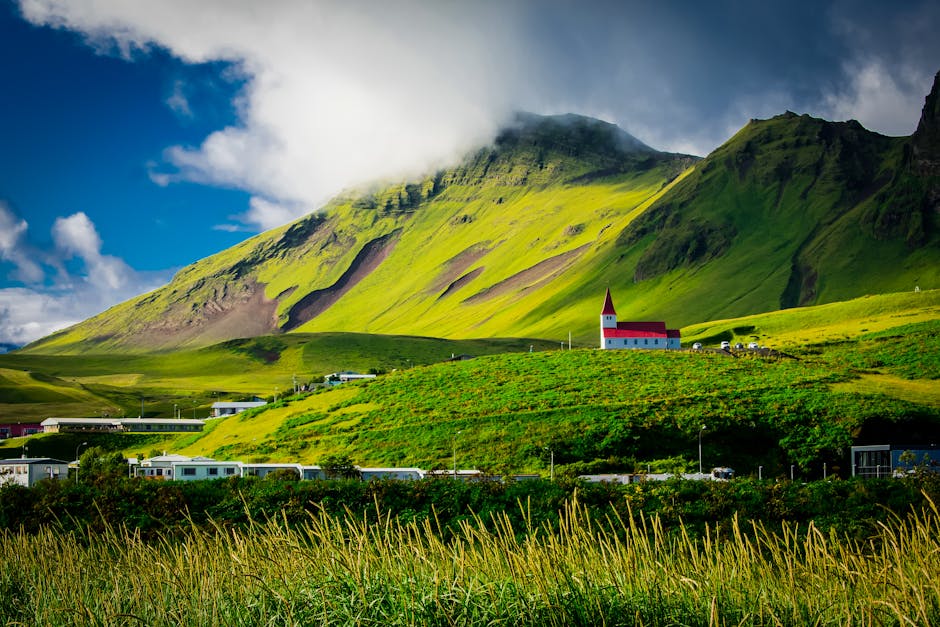Canada
Overview
Canada, the second-largest country in the world, is known for its vast landscapes, diverse culture, and friendly people. The country is renowned for its unique blend of English and French cultures, visible especially in cities like Montreal and Quebec City. Canada's landscapes are as diverse as its people, featuring stunning coastlines, majestic mountains, pristine forests, and Arctic tundra. Tourists flock to Canada for its unique Canadian cuisine, hockey culture, and vibrant festivals such as the Calgary Stampede and Winterlude.
The peak tourism season in Canada is summer, from June to August, when the weather is warmest and daylight hours are longest. However, every season has its charm in this country. Summer is ideal for outdoor activities such as hiking, canoeing, and wildlife spotting. In the fall, the changing colors of leaves create breathtaking sceneries, especially in regions like Quebec and Ontario. Winter, often harsh but beautiful, offers activities like skiing, snowboarding, and ice skating. The world-famous Niagara Falls is a year-round attraction, while the Northern Lights can be witnessed in the northern regions during winter.
Before visiting Canada, travelers should prepare thoroughly. Canadians primarily speak English and French, so learning a few basic phrases in either language can be helpful. Also, it's essential to pack according to the season of the visit: warm clothes for winter and lighter ones for summer. Travel insurance is highly recommended due to the high cost of healthcare in the country. Lastly, visitors should familiarize themselves with Canada's customs and etiquette to ensure a respectful and enjoyable visit. Remember, Canada is a vast country, so plan your travels well to make the most of your Canadian adventure.
A Glimpse into the Past
Canada, the second-largest country in the world, boasts a rich tapestry of history shaped by Indigenous peoples, European colonization, and the influences of immigration over the centuries. This diverse history is reflected in the vibrant culture, stunning landscapes, and significant monuments scattered across the nation.
Indigenous Heritage
Long before European explorers arrived, Canada was home to a multitude of Indigenous communities, each with its own unique traditions, languages, and governance systems. Nations such as the Haudenosaunee, Cree, and have inhabited these lands for thousands of years. Their rich oral traditions, art, and spiritual beliefs continue to influence contemporary Canadian culture. Visitors can learn about the history and contributions of Indigenous peoples by exploring sites like Stanley Park in Vancouver, where Indigenous art and totem poles tell stories of the past.
European Exploration and Colonization
The 15th and 16th centuries marked the arrival of European explorers, including John Cabot and Jacques Cartier, who sought new trade routes and territories. Cartier’s voyages in the 1530s laid the groundwork for French colonization, leading to the establishment of Quebec in 1608. The French influence is still evident today, particularly in the province of Quebec, where the French language and culture thrive. The historic district of Old Quebec, a UNESCO World Heritage site, enchants visitors with its cobblestone streets, fortified walls, and stunning architecture.
Meanwhile, British interests in Canada grew, culminating in the Seven Years' War (1756-1763), which resulted in British control over most of Canada. The Treaty of Paris in 1763 marked the end of French rule, but French Canadians remained a significant population, leading to a unique cultural blend that is still apparent today. The Citadel of Quebec, a fortress built by the British, offers insight into this period of conflict and governance.
Confederation and Nationhood
Canada became a self-governing dominion within the British Empire on July 1, 1867, through the Confederation, which united the provinces of Ontario, Quebec, New Brunswick, and Nova Scotia. This pivotal moment in history is celebrated annually as Canada Day. As the country expanded westward, the completion of the Canadian Pacific Railway in 1885 connected the east and west coasts, facilitating trade and settlement. The railway’s construction was a monumental feat and remains a symbol of national unity.
The effects of Westward Expansion were profound, especially for Indigenous peoples. Treaties were often signed under duress, resulting in significant loss of land and cultural disruption. As Canada grew, it grappled with its colonial legacy and the rights of Indigenous communities. Today, places like the Canadian Museum of History in Gatineau serve as important sites for understanding this complex past.
World Wars and Modern Era
Canada played a crucial role in both World Wars, with significant contributions to the Allied efforts. The Battle of Vimy Ridge in 1917 is often cited as a defining moment for Canadian nationalism, marking a shift from colonial ties to a distinct national identity. The sacrifices made during these conflicts are commemorated at various memorials across the country, including the Canadian War Museum in Ottawa.
Post-war Canada saw a wave of immigration, leading to a multicultural society that celebrates diversity. The Multiculturalism Act of 1988 officially recognized Canada as a mosaic of cultures, and this ethos is reflected in cities like Toronto, which is one of the most diverse cities in the world. Visitors can explore neighborhoods such as Chinatown, Little Italy, and Greektown, each offering a unique slice of global culture through food, festivals, and traditions.
Natural Wonders and National Parks
Canada's history is intertwined with its breathtaking landscapes, from the rugged mountains of the Rocky Mountains to the vast prairies of the Great Plains. The country is home to over 48 national parks, which protect its diverse ecosystems and natural beauty. Banff National Park in Alberta, with its turquoise lakes and towering peaks, is a must-visit destination for outdoor enthusiasts.
Another notable site is Gros Morne National Park in Newfoundland and Labrador, recognized as a UNESCO World Heritage site for its geological significance. The park showcases stunning fjords, cliffs, and unique geological formations, inviting visitors to explore both its natural beauty and the stories of its geological history.
Cultural Celebrations
Throughout the year, Canada hosts numerous festivals and events that celebrate its rich cultural mosaic. The Calgary Stampede, held every July, is a famous rodeo and exhibition that showcases Western culture and traditions. Meanwhile, the Toronto International Film Festival attracts filmmakers and cinephiles from around the globe, highlighting the country's vibrant arts scene.
In Quebec, the Winter Carnival in Quebec City is one of the world's largest winter festivals, featuring ice sculptures, parades, and traditional winter activities. These cultural celebrations provide insight into the country’s heritage and allow travelers to engage with local customs and traditions.
Conclusion
As Canada continues to evolve, it remains a land of contrasts, where the echoes of its Indigenous roots blend seamlessly with the influences of European colonization and modern multiculturalism. Exploring Canada offers travelers a unique opportunity to delve into its vast history, vibrant culture, and stunning landscapes. From the historic streets of Quebec City to the natural wonders of the Rockies, Canada invites all to discover its stories and celebrate its diversity.
Top cities for tourists in Canada
Discover the Famous Cities That Might Captivate Your Interests
Must-Try Foods You Can't Afford to Miss
Indulge in a Variety of Fantastic Foods During Your Stay in Canada
May Be Your Next Destinations
People often choose these countries as their next destination


